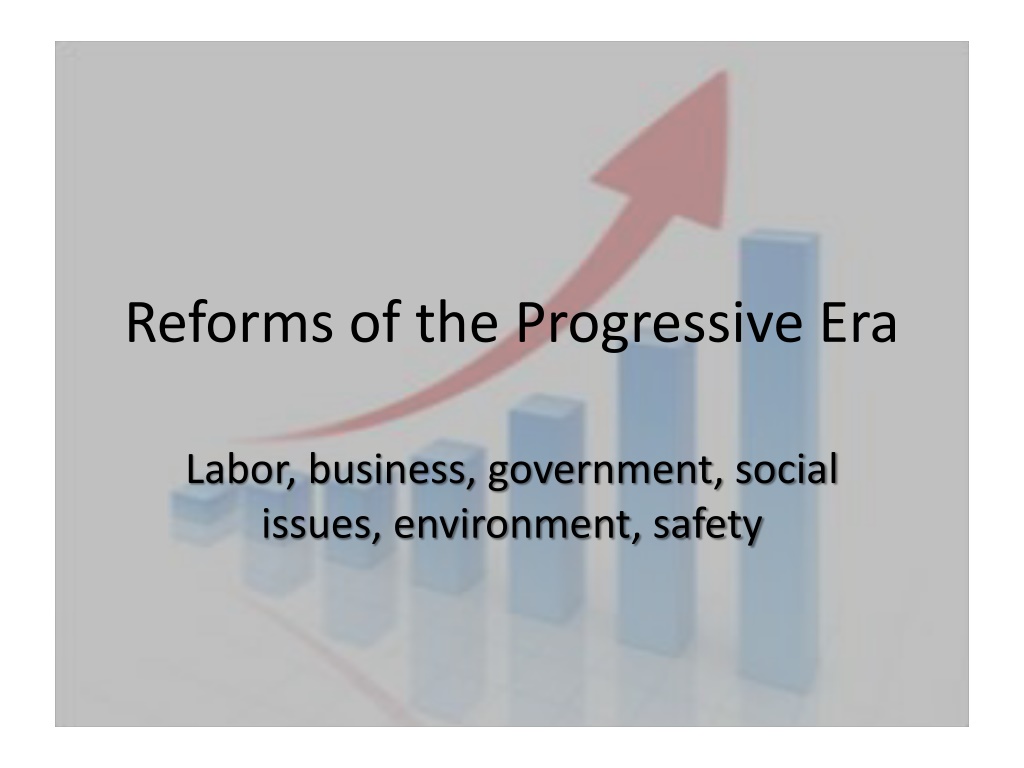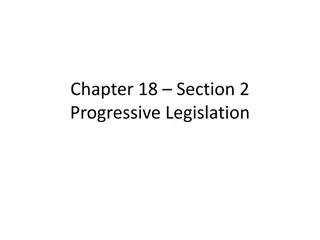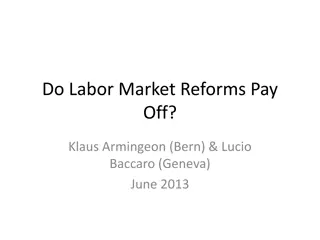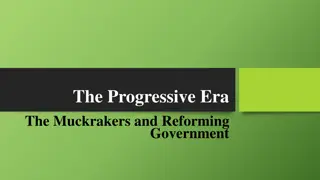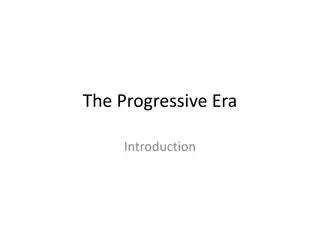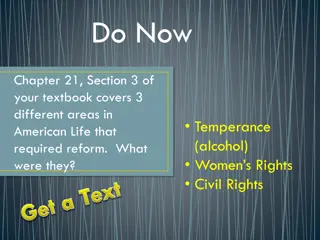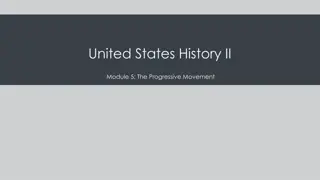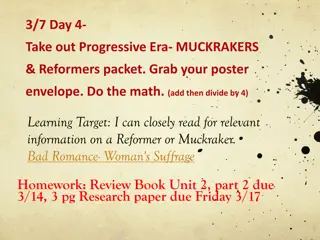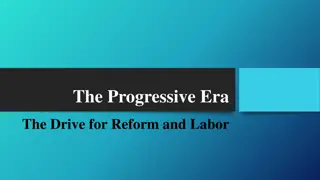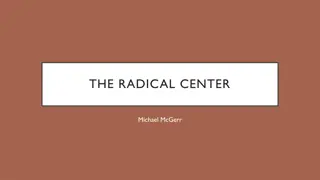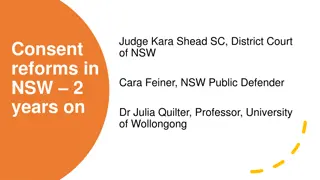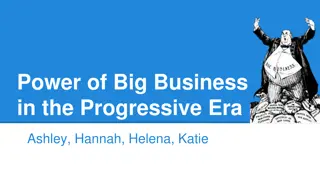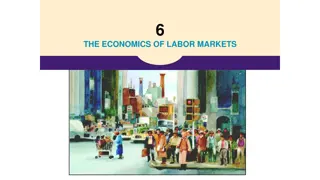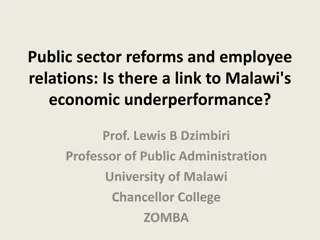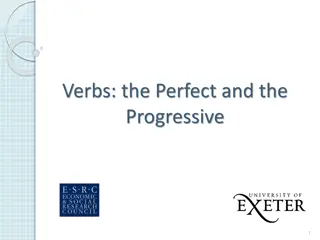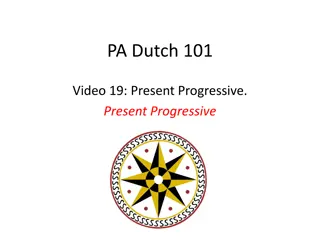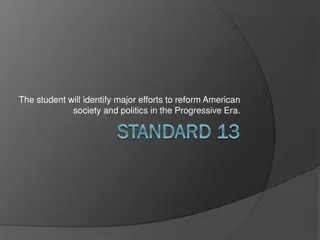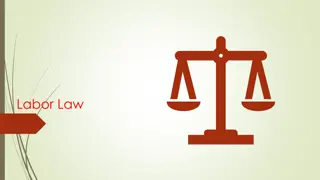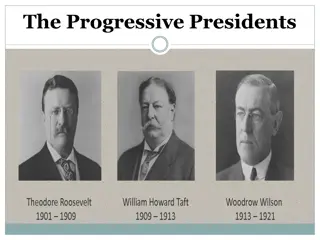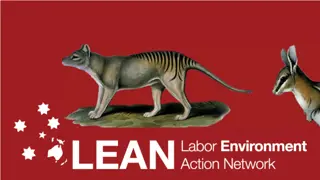Progressive Era Reforms: Labor, Business, Government, and Social Changes
During the Progressive Era, significant reforms were implemented in labor, business, government, and social issues. Labor unions gained power, child labor laws were enforced, workplace safety improved, and the spoils system was reformed to address corruption. Political machines in cities were also challenged, leading to positive changes in governance.
Download Presentation

Please find below an Image/Link to download the presentation.
The content on the website is provided AS IS for your information and personal use only. It may not be sold, licensed, or shared on other websites without obtaining consent from the author. Download presentation by click this link. If you encounter any issues during the download, it is possible that the publisher has removed the file from their server.
E N D
Presentation Transcript
Reforms of the Progressive Era Labor, business, government, social issues, environment, safety
Progressive Labor Reforms Labor unions became more powerful AFL (American Federation of Labor) achieved shorter hours & higher pay for the average worker Child labor laws Put restrictions on how young full-time workers could be Children were not allowed to do certain jobs What might be an example?
Progressive Labor Reforms Other workplace & labor reforms eight-hour work day improved safety & health conditions in factories What might be an example? workers compensation laws If you got hurt on the job, you could get paid time off minimum wage laws unionization was more accepted The boss could not fire you for joining a union Unions negotiated with bosses for fair conditions in a contract (agreement between employer & employees) Department of labor was created to enforce these laws
Reforming the Spoils System Two big worries of voters: 1. Rich people had too much power and were controlling the government and business 2. The government was corrupt; politicians were acting unfairly, taking bribes, and giving out jobs to people who did not deserve them * Brainstorm: how do you think people worked to fix these things?
Reforming the Spoils System The spoils system = the system in which politicians gave jobs to people who had supported them This is also called patronage Problems: The people who were given these government jobs were not always GOOD for the job Some stole money from their departments Some did not know how to do their jobs well * Example: On pg. 631, read the 2ndparagraph under Reforming the Spoils System . In this example, a man was made court reporter even though he could not
Reforming the Spoils System Political corruption in cities Many cities were run by political machines These were groups that controlled all government actions and policies in a city or state The machines were run by political bosses - powerful politicians who ran city or state governments These groups did some good things: Helping the poor with food, money, or jobs Putting in new systems for the city (like sewers or gas heat) They also did some bad things: Took bribes and made businesses pay them fees Stole government money for themselves
Reforming the Spoils System * On pg. 633, find the red heading, Boss Tweed . What city was Boss Tweed from? How much money did he take from the city? In many cities, groups of citizens set up good government leagues Their goal was to replace corrupt officials with honest politicians and leaders
Reforming the Spoils System Presidents who worked to reform the unfair system 1. Rutherford B. Hayes Set up a group to investigate patronage in New York Found HUNDREDS of government workers who were getting lots of money but doing NOTHING Had two top officials fired for this
2. James A. Garfield Also believed that the spoils system should be changed Thought that government jobs should be given to people who were best qualified He was assassinated by Charles Guiteau, someone who wanted to be given a job but wasn t 3. Chester A. Arthur Worked with Congress to pass the Pendleton Act This law set up the Civil Service Commission, a group who hired people for government jobs by interviewing them and giving them a test to make sure they had the necessary skills for the job
